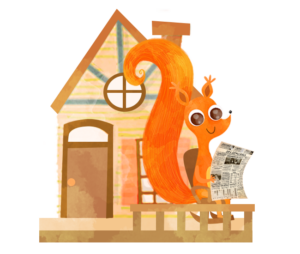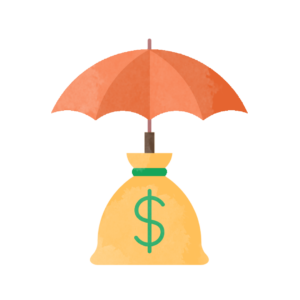May 29, 2025

If you’re heading into retirement with a mortgage still hanging around, you’re not alone. A growing number of retirees are carrying mortgage debt well into their 60s and 70s, which has many people wondering:
Should I just pay this thing off and be done with it? Or is there a smarter play here?
Like most questions in personal finance, the answer is… it depends. (We know. Annoying.) But seriously, it comes down to a few key factors: how much you owe, what your income looks like, your overall financial picture, and how you feel about debt in general.
Let’s break it down with a little more honesty and a lot less jargon.

First up, how are you funding your post-work life? Government benefits? Pensions? Investment income? Part-time consulting gig? Are you just winging it?
If your retirement income is steady and predictable, keeping a mortgage around might not be a big deal. But if cash flow is tight and you’re counting every dollar, having a monthly payment hanging over your head could be more stress than it’s worth.
Paying it off means fewer bills, less pressure, and one fewer thing to budget for each month. Simple. But if you’ve got income coming in reliably, the mortgage might not be your biggest concern.

Here’s where it gets a little math-y. If your mortgage rate is super low (say, under 4%), and you’ve got investments earning more than that, it might make sense to leave the mortgage alone and let your money grow elsewhere.
Of course, that assumes you’re comfortable with market swings, have a solid investment strategy, and won’t panic-sell the first time the headlines scream “recession.” If you’re the type who prefers peace of mind over playing the long game, paying off the mortgage might be worth it even if it’s not the most “efficient” financial move.
Ask yourself this: Would I rather have more money in the market or fewer bills every month? Your gut reaction says a lot.

Mortgage debt is usually considered “good” debt (if such a thing exists), but if you’re also carrying high-interest credit cards or personal loans, focus there first. Paying 19% interest on a balance while celebrating a paid-off 3% mortgage isn’t a smart move.
Clean up the expensive stuff before worrying about your home loan.

Here’s a fun twist. If you’re planning to move, downsize, or relocate in the next few years, why rush to pay off your current mortgage?
A lot of people pour every extra dollar into their mortgage, only to sell the house two years later and realize they could’ve used that cash for something else. If your dream is a condo by the beach, a tiny home in the woods, or just getting out of the city, don’t lock up your money in a property you’re not committed to.

Not everything has to be all or nothing. You can increase your monthly payments now, chip away at the balance, and still keep your savings intact. That way, you’re making progress without leaving yourself house-rich and cash-poor.
Many lenders let you top up payments or throw in lump sums without penalty. It’s worth checking what your options are—just don’t overdo it to the point where you’re eating ramen five nights a week.

Speaking of ramen—if paying off your mortgage wipes out your emergency fund, please reconsider. You don’t want to be in a position where the furnace dies, the roof leaks, or your car explodes, and you have to take out a line of credit just to stay afloat.
Keep enough liquid savings to handle the unexpected. Retirement is full of curveballs, and your peace of mind depends on being able to catch them.
There’s no one-size-fits-all answer here. That said, here’s a quick way to think about it:
At the end of the day, this decision is as much emotional as it is financial. There’s nothing wrong with choosing the option that helps you sleep better at night, even if it’s not the “optimized” choice.
Just make sure you’re not skipping the conversation entirely. Ignoring your mortgage while hoping for the best is a strategy too. Not a good one, but a strategy nonetheless.
